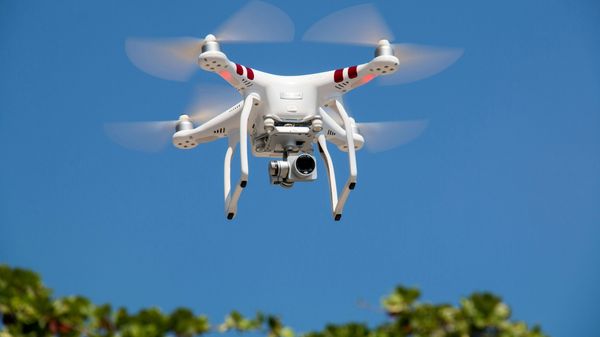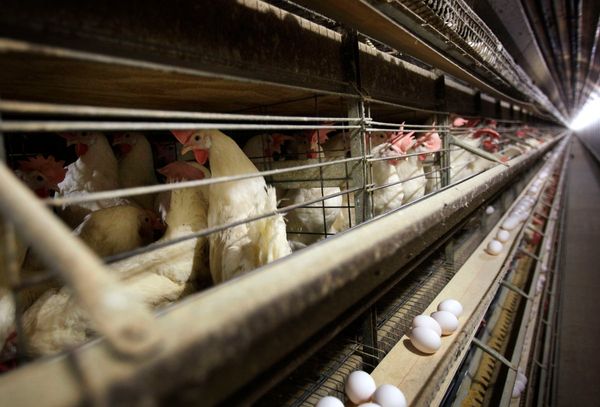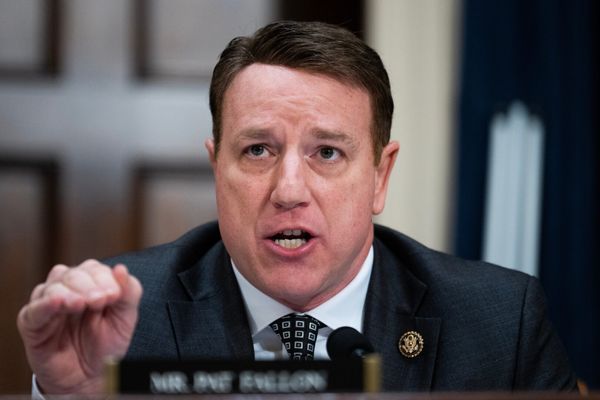
Refugees who cross the Channel in small boats from Tuesday could face detention and deportation under a new migration law that Labour and charities have called “unworkable” and “cruel”.
In an acknowledgment that the law will prompt a fresh rush of refugees across the Channel, the Home Office is seeking to make the illegal migration bill apply retrospectively from the day it is introduced to parliament, the Guardian has been told.
Suella Braverman, the home secretary, will ask for the proposed law to be applied from the moment she stands up in the Commons on Tuesday. The move follows criticism from unions that the legislation could result in an increase in trafficking across the Channel as refugees attempt to reach the UK before it is passed.
A Home Office source said: “If parliament passes the bill, the measures will be retrospective and apply from the date of introduction. That’s to stop people smugglers seizing on the opportunity to rush migrants across the Channel to avoid being subject to the new measures.”
Lucy Moreton, of the Immigration Services Union, said the plans would “fuel the service” for people smugglers, at least in the short term, “who could tell would-be arrivals that they needed to travel soon”.
Braverman is expected to say that under the new law, asylum claims from those who travel to the UK in small boats will be inadmissible, and the arrivals will be removed to a third country and banned from returning or claiming citizenship.
Details about how the policy will be implemented are scarce, with previous efforts to tighten procedures – such as the policy to send people to Rwanda – mired in legal challenges.
On Monday evening, a Downing Street spokesperson said Rishi Sunak had spoken to Rwanda’s president ahead of Braverman’s statement.
The prime minister and Paul Kagame “discussed the UK-Rwanda migration partnership and our joint efforts to break the business model of criminal people smugglers and address humanitarian issues”, the spokesperson said.
“The leaders committed to continue working together to ensure this important partnership is delivered successfully.”
Keir Starmer accused Sunak of electioneering. As more people seeking refuge in the UK arrived across the Channel in chilly conditions on Monday, the Labour leader said the plans echoed previous announcements made to shore up support before local elections. More local elections are due in England in May.
“We had a plan last year which was put up in lights – ‘it’s going to be an election winner’. These bits of legislation always seem to come when we’ve got a local election coming up,” he told LBC Radio.
“It was going to break the gangs – it didn’t. Now we’ve got the next bit of legislation with almost the same billing. I don’t think that putting forward unworkable proposals is going to get us very far.”
Starmer was referring to the government’s Nationality and Borders Act, last year’s attempt to tackle the problem by bringing in a two-tier system that reduced the support available to people seeking asylum by irregular means.
Several senior Conservatives have expressed concern about the proposed new law, claiming that the current “safe and legal routes” should be expanded.
Tim Loughton, a Tory member of the home affairs select committee, said the measure would only “speed up deportations for those who are deportable”, instead of giving the Home Office power to deport anyone and everyone who makes it to the UK via a small boat.
He told the Guardian: “The primary success [of the legislation] will be as a deterrent factor if it is clear you will automatically have no right to claim asylum if you come via [small boats],” adding that Sunak should ensure that safe and legal routes are expanded.
In a further development, Braverman has vehemently denied claims that when she was attorney general in 2020 she advised against proposals to circumvent human rights laws.
Informed sources have told the Guardian that when ministers were working on the Sovereign Borders Act, which later became the Nationality and Borders Act, Braverman advised against attempting to find a way of sidestepping the European convention on human rights (ECHR).
“Suella did not want to help on derogation of the ECHR. In fact she produced advice that said it was not possible and would be in breach of an international treaty. Now she seems to say it is possible,” a source said.
But Braverman’s office hit back at the claims. A source said: “This is absolute drivel. The legal parameters at the time were clear. The then attorney general worked within those on behalf of the government of the day.”
Sir David Normington, a former permanent secretary at the Home Office, said it was “highly doubtful” that people would stop arriving in small boats because it was illegal.
“These are people many of whom are desperate. They have fled from persecution, and being told that there’s been a change in legislation in the British parliament, I don’t think is going to make a big difference to them,” he told BBC Radio 4’s Today programme.
The courts have rejected previous plans to deport to Rwanda people entering the UK on small boats, but No 10 and the Home Office are proposing to insert a “brake” on human rights legislation in an attempt to stop legal challenges.
About 45,000 people crossed the Channel last year, and officials have said more than 80,000 could enter the UK this year. Sunak has made “stopping the boats” one of his five key pledges before the next general election.
The bill will be published before a key summit between Sunak and the French president, Emmanuel Macron, on Friday. It is understood Sunak will seek a substantial increase in beach patrols to stop refugees leaving French shores.







